TL;DR
- Average Cost Range: $25,000 – $200,000+ depending on features and complexity.
- Timeline: 3–12 months for complete design, development, and testing.
- Top Cost Drivers: Features, tech stack, API integrations, and developer location.
- Smart Cost Reduction: Start with MVP, use cross-platform tools, and outsource wisely.
- Partner Wisely: Work with experienced teams like Creole Studios for efficient delivery and cost transparency.
Introduction
The travel industry is one of the few sectors that consistently reinvents itself after every disruption. From the pandemic slowdown to the rise of AI-driven personalization, today’s travelers are more digital-first than ever. According to Statista, global online travel sales are projected to surpass $800 billion by 2030, and a large portion of that traffic now flows through mobile apps.
That growth potential explains why startups, travel agencies, and even boutique tour operators are asking one common question:
How much does it cost to develop a travel app?
To understand this better, it helps to analyze how different features and technologies influence development expenses. Tools like an App Development Cost Calculator can provide a quick free ballpark estimate before you begin planning. In this guide, we’ll break down the cost structure, key factors, monetization models, and practical ways to manage your budget effectively.
Understanding the Travel App Landscape
Before diving into numbers, it’s important to understand the different types of travel apps — because the category you choose shapes your budget, design, and development roadmap.
Booking & Reservations Apps
These apps (like Expedia, Booking.com, or Agoda) focus on hotel, flight, and vacation bookings. They rely heavily on real-time inventory, secure payment integrations, and multi-vendor APIs.
Trip Planning & Itinerary Apps
Platforms like TripIt or Roadtrippers allow users to organize travel details in one place. Such apps need deep integrations with calendars, maps, and travel data sources.
Local Discovery & Review Apps
Think TripAdvisor or Yelp for Travel — these apps depend on user-generated content, reviews, and geolocation accuracy.
Transportation & Aggregator Apps
Apps like Skyscanner or Rome2Rio aggregate transportation options, prices, and availability from multiple APIs, requiring strong backend engineering.
Niche Travel Apps
Adventure travel, sustainable tourism, or luxury concierge apps fall here — often smaller in scope but feature-specific.
Defining your app type is the first and most strategic step in estimating the travel app development cost accurately.
Core and Advanced Features: The Real Cost Drivers
Every feature you add has a technical and financial impact. Here’s how typical feature sets influence the total cost:
Essential Features
| Feature | Description | Cost Impact |
| User Registration & Profiles | Email/social sign-in, account management | Low |
| Search & Filters | Find hotels, flights, or destinations | Moderate |
| Maps & Geolocation | Location-based recommendations | Moderate |
| Secure Payments | Integration with gateways like Stripe, PayPal | High |
| Reviews & Ratings | User feedback system | Moderate |
| Notifications | Trip reminders, offers | Low |
Advanced Features
| Feature | Description | Cost Impact |
| AI-Powered Recommendations | Personalized suggestions based on history | High |
| Chatbots & Virtual Assistants | 24/7 travel help | Moderate–High |
| AR/VR Experiences | Virtual hotel or city tours | High |
| Multi-language & Currency Support | For global users | Moderate |
| Offline Mode | Access itineraries without internet | Moderate |
A travel app’s functionality dictates roughly 60–70% of its total cost, especially when you add AI, AR, or data-heavy components.
Cost Breakdown by App Complexity and Timeline
| App Complexity | Features | Estimated Cost (USD) | Timeline |
| Basic MVP | Core search, booking, payments | $25,000 – $40,000 | 2–4 months |
| Mid-Level App | Real-time APIs, map, push, chat | $40,000 – $80,000 | 4–6 months |
| Advanced App | AI, AR, personalization, multi-language | $80,000 – $200,000+ | 6–12 months |
Note: These estimates include design, development, and testing — but exclude post-launch marketing or hosting costs.
Factors That Influence Travel App Development Cost
A great idea can be executed efficiently only when you understand where the money goes. Let’s look at the top cost influencers:
Design & User Experience (UX/UI)
Travel apps live or die on usability. Clean layouts, quick navigation, and minimal booking friction require expert UI/UX work — typically 15–25% of total project cost.
Technology Stack
The choice between native (Swift, Kotlin) and cross-platform (Flutter, React Native) impacts both performance and budget. Cross-platform can save 30–40% in development time while maintaining strong quality for most travel applications.
Backend Architecture
A travel app’s backend must handle dynamic APIs, inventory updates, and massive concurrency. Complex integrations with providers (flights, hotels, payments) increase both initial and recurring costs.
Developer Location
The cost varies drastically by region:
- USA / Western Europe: $80–$150/hour
- Eastern Europe / Latin America: $40–$80/hour
- India / South Asia: $25–$50/hour
Maintenance and Post-Launch Support
Expect 15–25% of your initial development cost per year for updates, bug fixes, and new features.
Hidden and Ongoing Costs You Should Budget For
Many first-time founders underestimate the following:
- Cloud Hosting: AWS or Google Cloud costs grow as user base increases.
- Third-party APIs: Skyscanner, Booking.com, or MapBox may charge per API call.
- App Store Fees: $99/year (Apple) and one-time $25 (Google Play).
- Security and Compliance: SSL certificates, GDPR compliance, etc.
- Marketing & ASO: A top-tier travel app can spend thousands monthly on user acquisition.
Ignoring these expenses can make even a well-built app unsustainable in its first year.
Real-World Case Studies: Learning from the Best
Case Study 1: Airbnb Clone (Marketplace Model)
An app mimicking Airbnb’s model involves listings, host verification, payments, and maps — usually costing $80,000–$150,000. The marketplace logic (two-sided system) drives both development time and infrastructure costs.
Case Study 2: TripAdvisor-Style Review Platform
Requires complex search, ranking algorithms, and moderation workflows. Estimated cost: $60,000–$100,000.
Case Study 3: Skyscanner-Like Aggregator
Heavy on third-party APIs and dynamic pricing — such projects can exceed $120,000–$200,000 for reliable real-time performance.
The key takeaway: data-heavy apps demand more backend investment than visually rich or content-focused ones.
Smart Ways to Reduce Travel App Development Cost
Build an MVP First
Instead of launching with a full feature set, start with a Minimum Viable Product that validates user demand. Once you see traction, scale features iteratively.
Use Cross-Platform Frameworks
Flutter or React Native allow faster development for both iOS and Android with one codebase — saving time and money.
Leverage APIs
Rather than building flight, hotel, or weather databases from scratch, use trusted APIs. This reduces both build time and maintenance overhead.
Outsource to Experienced Developers
Working with an experienced Mobile app development company ensures you don’t reinvent the wheel. Expert teams already have reusable modules and a clear cost estimation model.
Monetization Models: Making Your Travel App Profitable
Monetization strategy should be defined before development begins — it impacts design, data collection, and backend structure.
- Commission Model: Charge a small fee per booking (Airbnb, Booking.com).
- Subscription Model: Offer premium features like itinerary management or ad-free experiences.
- Affiliate Marketing: Earn from hotel or tour bookings through partners.
- In-App Advertising: Ideal for discovery or review-based apps.
- Freemium Upgrades: Offer core features free; charge for advanced capabilities.
Having a solid monetization plan not only ensures ROI but can also attract investors early.
Why Choose Creole Studios for Your Travel App Development
Developing a travel app isn’t just about writing code — it’s about translating traveler intent into seamless digital journeys. That’s where Creole Studios stands out.
- Proven Industry Expertise: Experience building cross-platform travel apps with real-time booking, geolocation, and AI recommendation engines.
- Transparent Costing: We provide detailed cost estimates, breaking down each feature and integration, ensuring there are no hidden surprises.
- End-to-End Service: From concept and UX design to API integration, deployment, and maintenance.
- AI-Driven Edge: Our team uses AI-based tools and analytics to enhance personalization and optimize travel experiences.
- Global Delivery Model: Benefit from high-quality development at competitive rates, especially for startups looking to scale efficiently.
If you’re ready to explore the possibilities, connect with us today — Creole Studios is not just a Generative AI Development Company, but also your trusted AI-powered app development partner for the travel industry.
Conclusion
Building a travel app in 2025 is both a creative and technical challenge. The cost will depend on your scope, chosen features, and long-term ambitions — but smart planning can make it highly achievable. Before you begin, it’s wise to estimate your potential investment using an App Cost Calculator to understand how different features, platforms, and integrations can affect your overall budget.
Start with an MVP, focus on value-driven features, and partner with experts who understand the balance between performance and cost. With the right strategy and a clear financial roadmap, your travel app could become the next go-to platform for millions of travelers worldwide.
FAQs
Q1. What’s the average cost to build a travel booking app in 2025?
A basic MVP can start around $25,000, while advanced booking platforms can exceed $200,000, depending on integrations and features.
Q2. How long does travel app development take?
Typically, it ranges from 3 months for an MVP to 12+ months for feature-rich apps.
Q3. Is cross-platform development reliable for travel apps?
Yes, modern frameworks like Flutter deliver near-native performance and cut costs by up to 40%.
Q4. What are the biggest hidden costs?
API subscriptions, cloud hosting, maintenance, and marketing can add 20–40% to your first-year spend.
Q5. How can Creole Studios help me reduce costs?
By leveraging reusable components, AI-enhanced workflows, and agile methodologies — Creole Studios ensures faster delivery and predictable budgets.
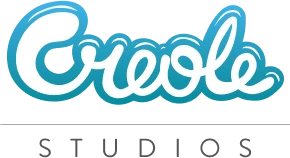

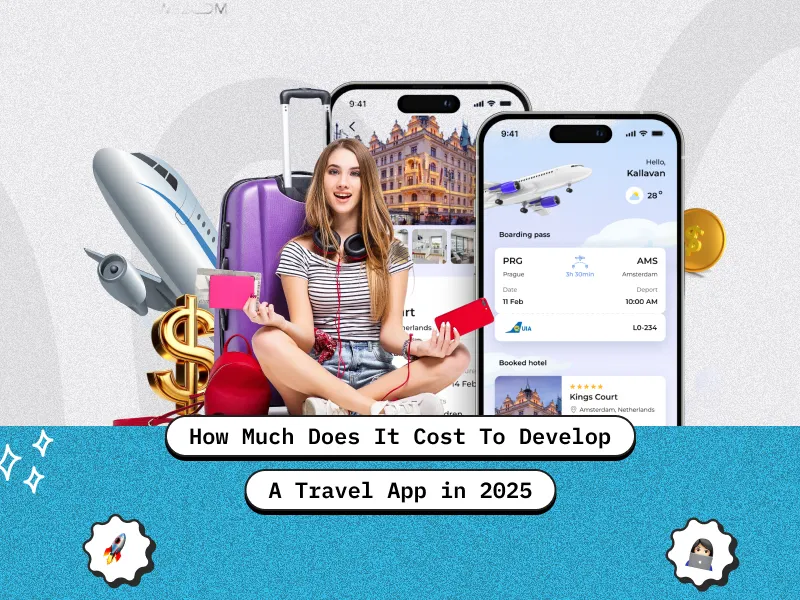








 30 mins free Consulting
30 mins free Consulting 
 12 min read
12 min read 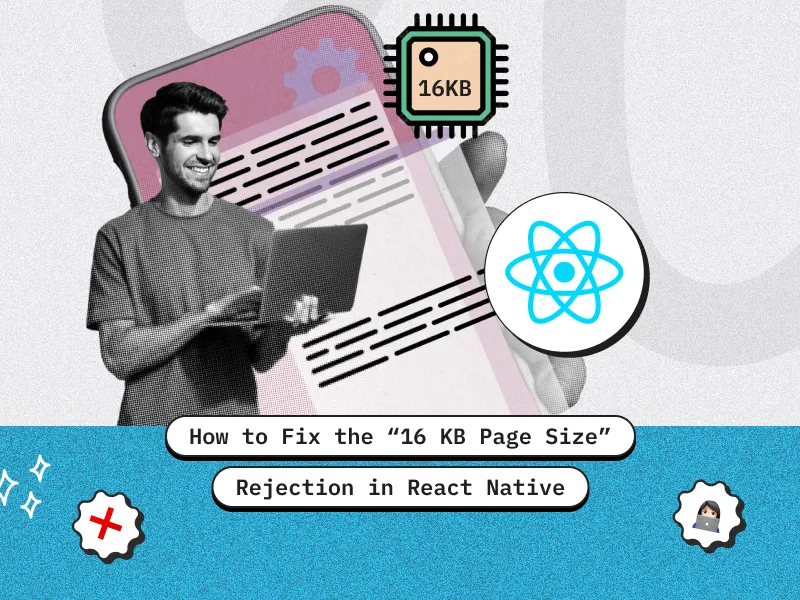
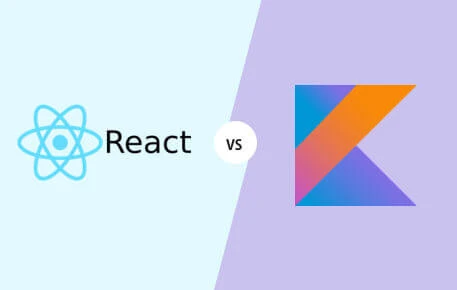
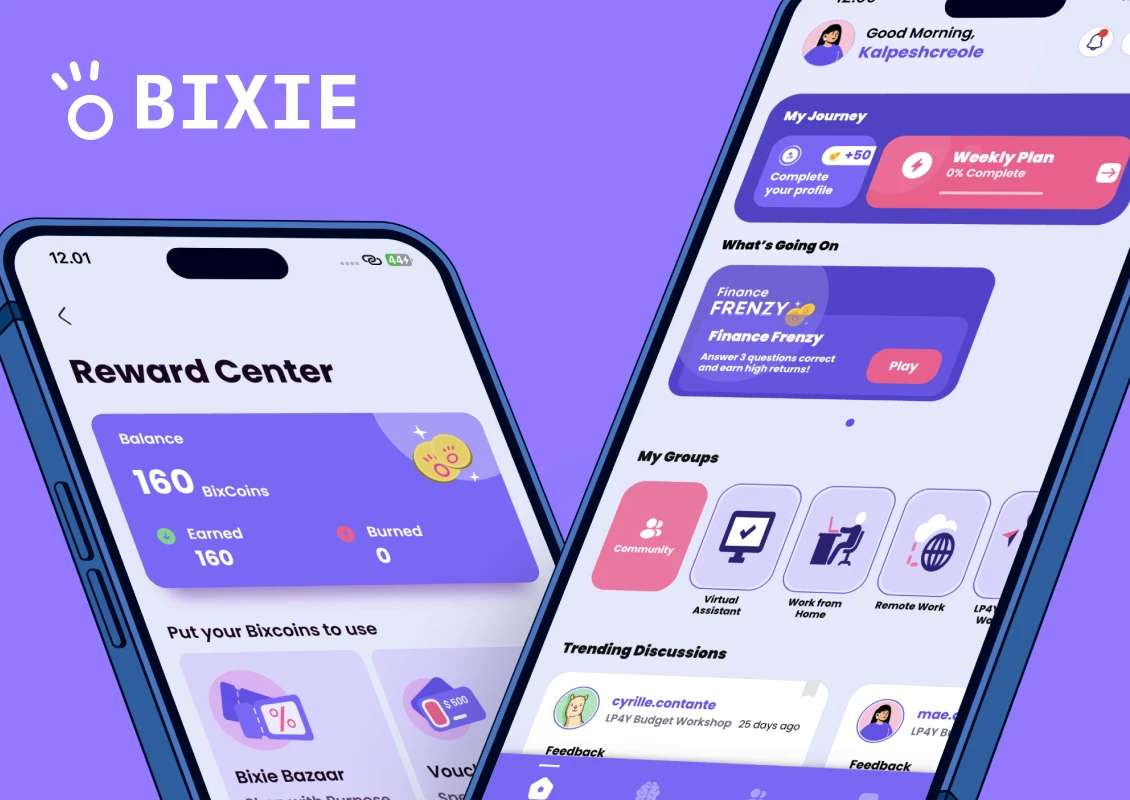
 Singapore
Singapore 
 USA
USA 
 Finland
Finland 





 Love we get from the world
Love we get from the world 